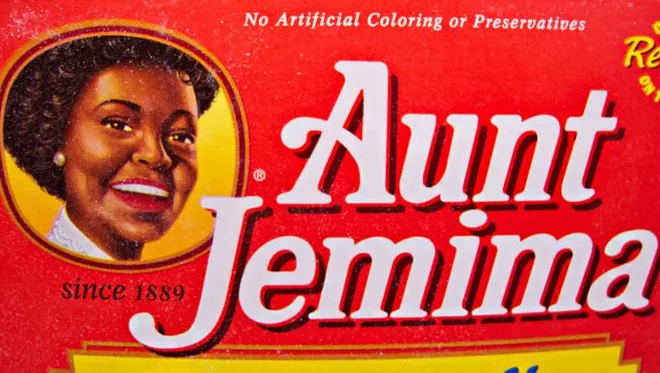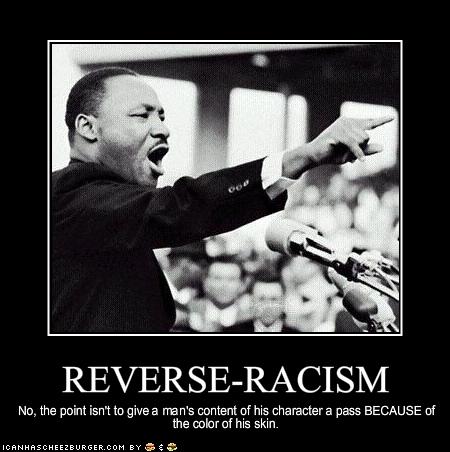Wow. I reread a blog post of mine from 2017 and realize I have changed a lot of the positions I held 5 years ago. Consider the following:
I have since learned that several members of the black community have turned their backs on me after learning that I am pro-life and do not support Planned Parenthood. If this is what isolates me from the black community, so be it. I will fight for the right for developing cells/human beings/fetuses/babies to live.
–Me
I won’t get into details about this, but I think Planned Parenthood (PP) provides a very good service to underserved communities and is an important part of the American healthcare system. I had a personal experience with PP (not an abortion) that convinced me to change my mind.
And then there’s the issue of reparations for black people. No, thank you. White people can keep their money and their land. See how well reparations worked out for Native Americans? Government-protected reservations with high crime rate, high gambling problems, high suicide rate, high drug use, and high alcohol use. Nope. No support for reparations from this here colored girl.
–Me
I have changed my position on this as well. Mainly because I’ve read about how the US and France economically ripped financial independence from Haiti. The New York Times performed an exposé on how Haiti has become one of the poorest countries in the world. And after reading the articles, I now believe that Haitians are overdue for reparations from the US and France. If I feel this way about my Haitian heritage, who am I to argue against slavery reparations from the US? The US done a lotta stuff wrong and they needs to go about making it right. I don’t care if it costs billions of dollars. The US prints money on air. Haitians and Black Americans need the US government to acknowledge its harm done to Black people in both countries. And they need to monetize that somehow. France needs to do it for Haiti, too. I encourage you to read all of the New York Times articles regarding to the Haiti project.
So the long and short of it is, black people and I just don’t get along. It’s taken me 35 years to realize this but better now than later. I will never have a black BFF. And I need to be OK with that. Because I have so many wonderful friends—of all other races, though mostly white—who I can rely on.
–Me
I get along pretty well with just people of color in general now. It’s been wonderful to have diversity within my friendships and community. One of my BFFs, the wife of one of my cousins, is El Salvadorian (and helping me to learn Spanish!). In a previous job, I worked with so many BIPOC (Black, Indigenous, People of Color) that I realized it wasn’t just about skin color. It’s about who they are as people. And so many of them were wonderful. And as BIPOC, we were able to share experiences with each other in ways that white people could not understand.
I’ll probably never have a Black BFF and that’s okay. But I’m friends with a lot of first-generation Americans who are BIPOC. I have learned to surround myself with supportive people no matter their race. And that’s all that really matters.
Except no lie, I didn’t want to go to an all-white church and be the token Black person. But that’s another rant for another day.


 Apparently there was an uproar about Kathryn Stockett’s best-selling novel, The Help, about black maids oppressed by their white employees. Now that the movie’s out, the uproar is even louder. Tons of people (both white and black) have claimed the book is racist and historically inaccurate. Ms. Stockett isn’t doing too bad in spite of this—at a nearby speaking engagement, she was charging $65 for admission.
Apparently there was an uproar about Kathryn Stockett’s best-selling novel, The Help, about black maids oppressed by their white employees. Now that the movie’s out, the uproar is even louder. Tons of people (both white and black) have claimed the book is racist and historically inaccurate. Ms. Stockett isn’t doing too bad in spite of this—at a nearby speaking engagement, she was charging $65 for admission. Image from
Image from 
